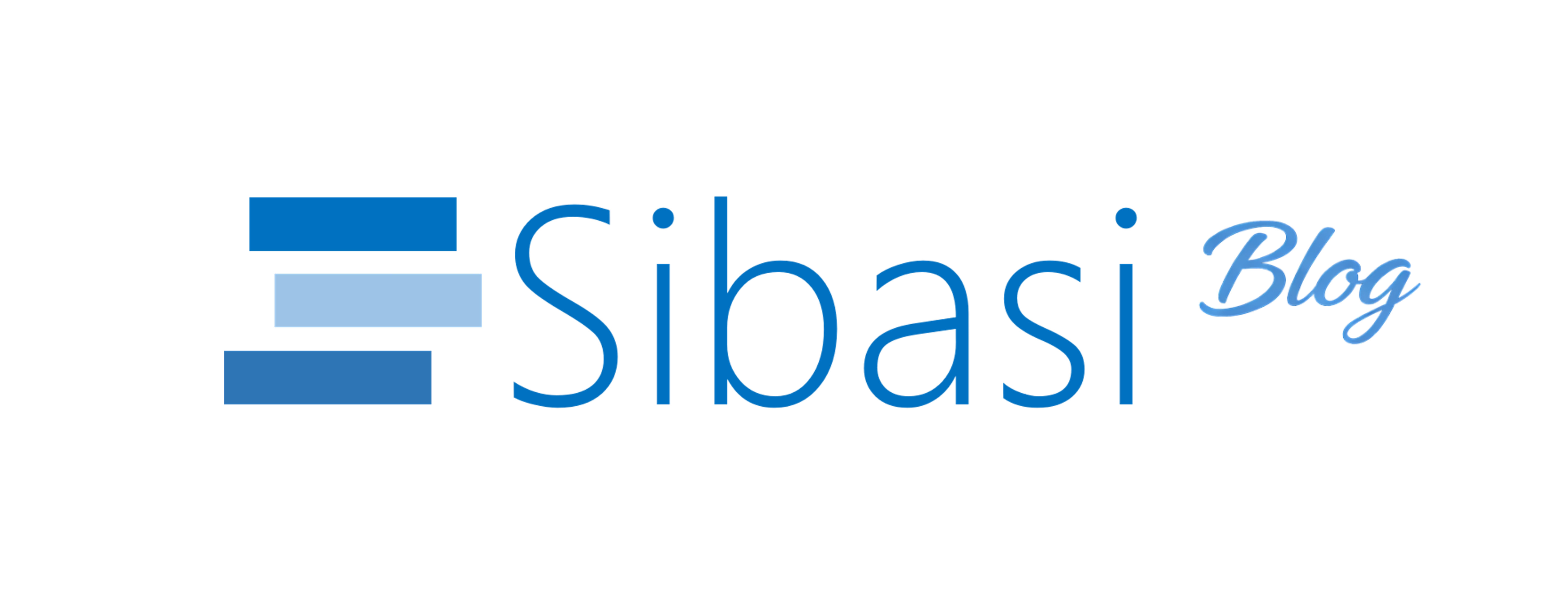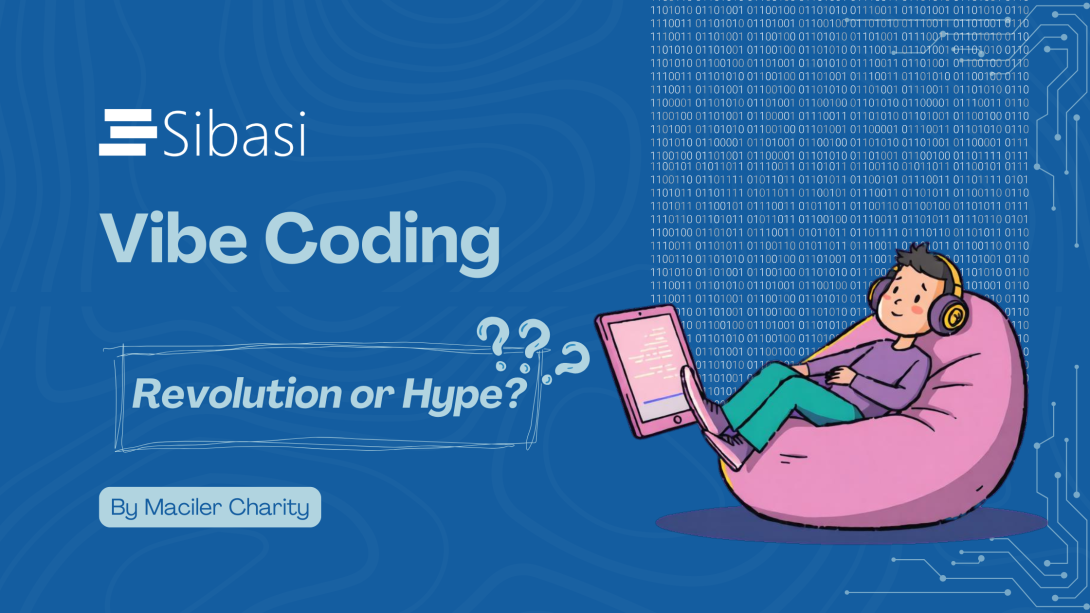The tech space has been buzzing with a new term: "vibe coding." This trendy concept suggests that artificial intelligence has evolved to a point where anyone, regardless of technical background, can create functional websites, apps, and programs simply by describing what they want in everyday language.
"The idea that complex programming tasks can be reduced to casual conversation with AI feels like something straight out of science fiction. Yet here we are in 2025..."

The Promise vs. Reality
As someone who has watched technology trends evolve over the years, I find the promise of vibe coding both fascinating and worthy of skepticism. But does this really democratize programming as many claim?
The reality is more nuanced than the enthusiastic headlines suggest. Having experimented with these tools myself, I've found that while they can indeed produce impressive results, there's a significant gap between theory and practice.
Three Major Challenges:
- The Communication Gap ⚠️
Effective "vibing" requires understanding what you're asking for. Without basic programming concepts, users struggle to articulate their needs properly. - Troubleshooting Troubles 🔍
When code inevitably fails, those without programming knowledge are left staring at error messages they don't understand. - Production vs. Prototype ⚙️
There's a world of difference between getting something to "sort of work" and creating professional software.

The Real Transformation
That said, vibe coding does represent a meaningful shift:
- It lowers barriers to creating simple applications
- It enables non-programmers to experiment with ideas
- For experienced programmers, it accelerates development
Perhaps most importantly, it changes our relationship with technology. Rather than navigating rigid interfaces and programming languages designed for machines, we're moving toward a world where machines adapt to our natural ways of expression.
Looking Forward
The real revolution isn't that everyone will become a programmer overnight. Instead, the line between "user" and "creator" is blurring. We're entering an era where technical literacy exists on a spectrum rather than a binary of "coder" and "non-coder."

For now, traditional programming knowledge remains valuable. The most effective users of these AI coding tools are those who understand both what they're asking for and what they're getting in return. But as these systems evolve, that knowledge threshold will likely continue to drop.
So, is vibe coding making everyone a programmer? Not quite yet. But it is expanding the population of people who can bring their digital ideas to life, and that's a significant step forward in technology's ongoing mission to become more accessible to all.


